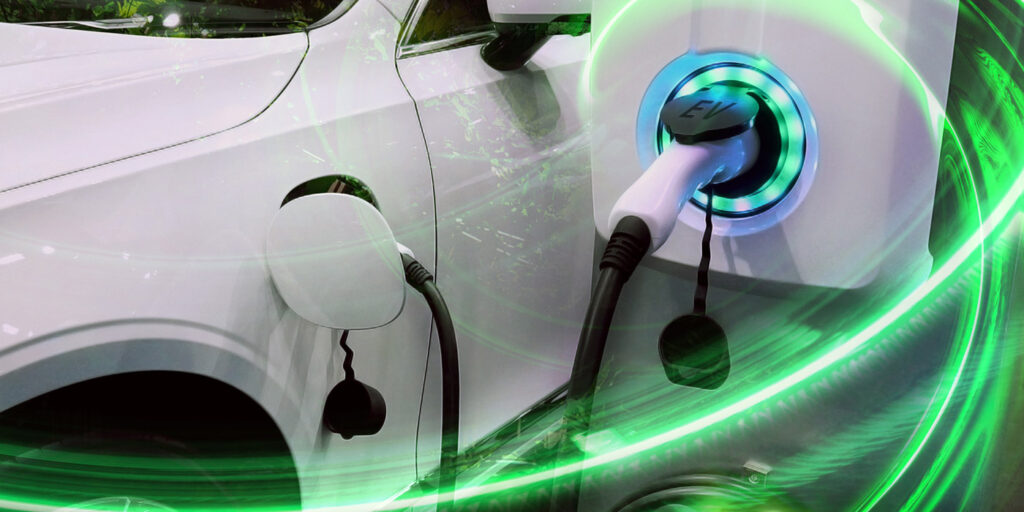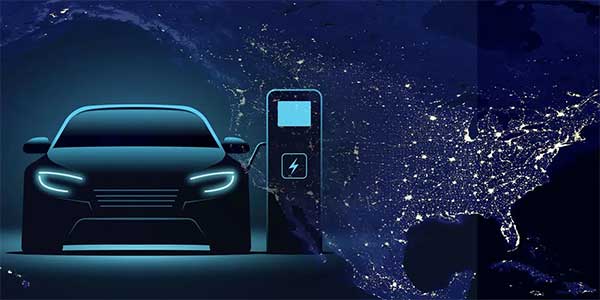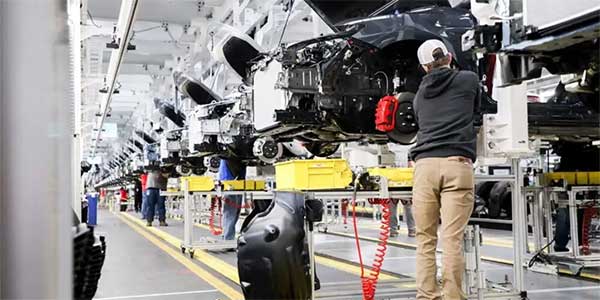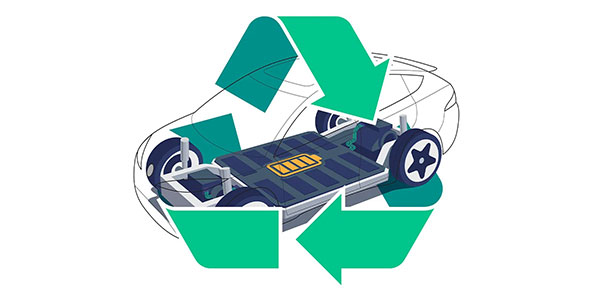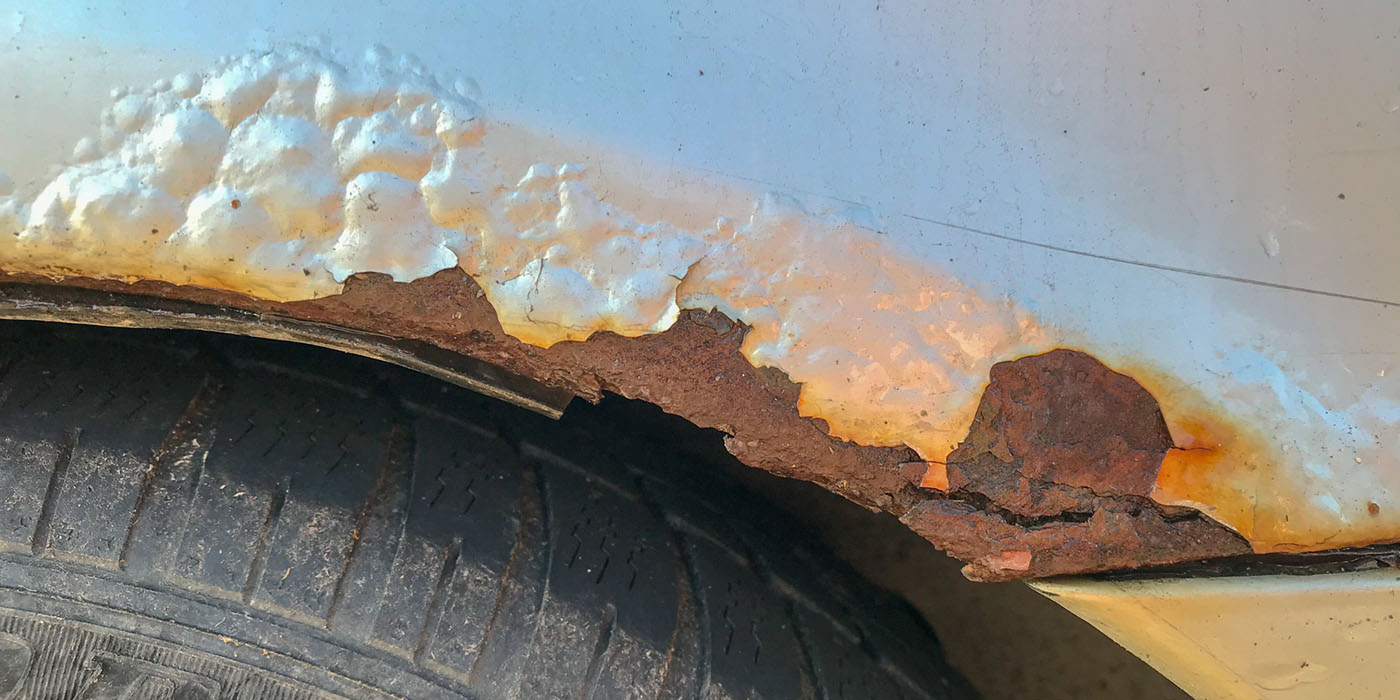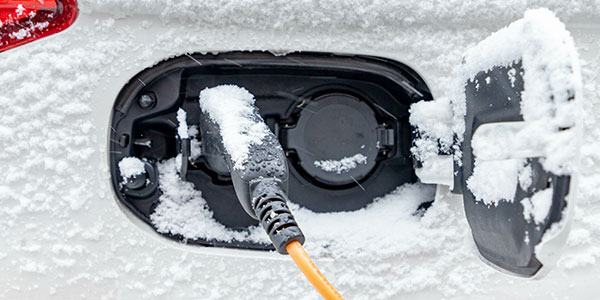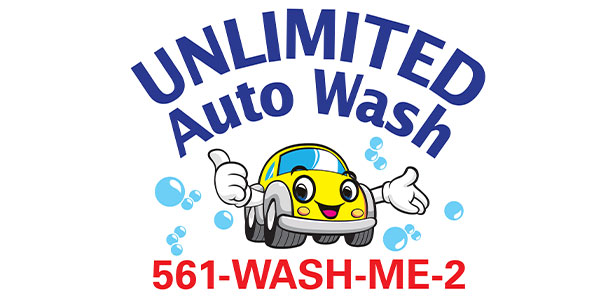Many carwash operators have some awareness of the growing numbers of electrically powered vehicles which, based on National Auto Registration Data, account for 3% of all registered automobiles today. The electric vehicle (EV) population is projected to grow to 10% of all registered cars by 2025 and 40% by 2030, as reported by Federal data.
In some states, such as Arizona, Nevada and Florida, the EV population is already in excess of 5% and in California, it is already at 10% or more.
The current Federal administration’s Green Energy policy is aggressively focused on maximizing EV ownership. In fact, there are incentives being offered to new EV buyers in the form of a $7,500 tax credit.
In order for the previously mentioned projections to be achieved, the Federal government has recognized that a massive investment is required to create a national EV charging station infrastructure — it is estimated that the U.S. is in need of 450,000 stations. Further, this infrastructure needs to include EV charging stations that are publicly accessible.
The charging issue and potential
An EV with a fully charged battery has a range of between 250-300 miles. So, drivers planning round trips exceeding 50% of their battery range are forced to plan their trip around where they can locate one or more accessible charging stations, which is a more difficult task than it seems.
Unlike gas powered vehicles where drivers can fill-up at any one of the thousands of gas stations, the EV driver has far fewer options. However, EV drivers with smartphones can download an EV station locator map.
Is this the problem solved? No.
Just because the map shows a charging station location does not mean that it is publicly accessible. The majority of stations are installed within a growing number of hotels or within multifamily communities in lifestyle destinations, such as golf country clubs, and the use of the EV station is for guests, residents or members.
For brick and mortar businesses, the Federal government is offering a 30% Federal tax credit up to $30,000 to business enterprises that purchase and install commercial EV charging stations. The credit can be applied per location and thus meets the needs of multi-station hosts. These tax credits have been extended through 2025 to promote growth of public charging stations.
Aside from the Federal tax credit, an increasing number of power utilities are now providing rebates and incentives to EV station operators, which further reduces an operator’s capital cost if he or she purchases an EV charger.
The rapid growth in the number of electrically powered vehicles is already taking place, which presents a great opportunity for carwash businesses — both full service and unattended — to add a self-serve EV charging station or two to the property. Use of these stations can be purchased by customers with credit card activation and operators can vary costs on a per minute of charge basis.
Having your charging stations identified on locator maps as publicly accessible will attract out of area EV traffic as well as EV owners within your local market. Not every EV driver has a home charger — people who live in apartments or condos often live on properties that do not have an EV charging amenity.
Today, consumers have the choice between a wide range of EVs priced from the high $100,000s down to the high $30,000s. Brands that produce EVs include Tesla, Mercedes-Benz, Porsche, BMW, Jaguar, Volvo, Volkswagen, Infiniti, Lexus, Ford, GMC, Chevy, Nissan, Toyota, Mini-Cooper, Hyundai and Kia. In fact, Ford is currently investing multi-millions in the construction of U.S. plants that will be exclusively producing EVs by 2025.
Regardless of whichever EV brand is purchased, there is a common denominator between drivers: the need for the battery system to be recharged.
Right now, there are only around 150,000 EV charging stations across the country. Yet, there are millions of gas pumps. Although there are the smartphone apps designating charging locations, EV drivers are at a strong disadvantage when compared to their gas powered counterparts.
Most EV charging stations are considered level-2, which add up to 30 miles of range per hour and cost drivers somewhere between $4-5 per hour of charging. For an operator running a commercial charging station, that charge costs somewhere between $0.85-$0.95 per hour of charge at peak rates.
Additionally, by promoting the availability of an EV charging station at a carwash site through various marketing practices, operators will attract new customers in increasing numbers as the population of EV owners increase.
Cost factor
A single pedestal with two level-2 chargers, which can service two EVs at once, costs around $7,500, not including the installation price. A pedestal with one level-2 chargers costs around $3,750. The price of installation is variable based on the distance between the master panel and the charging station location.
Level-3 DC SuperChargers are another available option, but require a 3-phase power supply and cost between $46,000-$65,000 before installation. The benefit of these chargers is the greatly reduced charge time. In 30 minutes, these SuperChargers add a range of 150 miles to vehicles. A scaled down Fast Charger was also recently released, but also requires a 3-phase power supply. The Fast Charger can add up to 100 miles in 30 minutes and is anticipated to cost around $26,500 before installation.
Location suitability
Before thinking about installing an EV charging station, businesses are encouraged to take a look at their daily traffic. A minimum traffic count of 12,000 vehicles coming to a site per day is advised unless there are valid reasons why a lower traffic count can justify a charging station.
Richard S. Cooper is a Charleston, South Carolina-based independent business consultant focused on the rapidly growing need for commercial EV charging stations nationwide. Richard can work with you to determine which type of EV charging station is most appropriate for your site and coordinate supply and installation through his network of licensed commercial electrical contractors who will provide you with an inclusive quote. You can contact Richard at 843-364-5413 weekdays between 8 a.m. and 6 p.m. EST or by email at [email protected].

